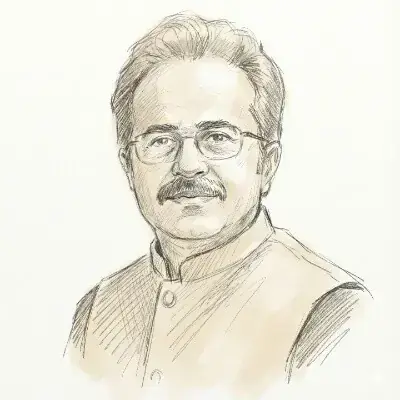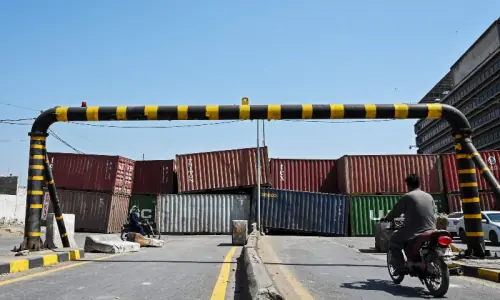ISLAMABAD: The Parliamentary Committee on Appointment of Judges on Friday amended its rules to invite candidates for judicial posts in the provincial and Islamabad high courts.
Earlier, the parliamentary committee, in the wake of a judicial order during the period of former chief justice Iftikhar Mohammad Chaudhry, had virtually become a rubber stamp. The apex court while examining the scope of the committee held that recommendations of the Judicial Commission of Pakistan (JCP) would stand approved if the committee could not consider a name within 14 days. The former CJP had also made it difficult for the parliamentary committee to reject the JCP’s recommendations.
As per the amended rules, in case of non-appearance before the parliamentary committee, the nomination of a judge will be deemed to have been cancelled.
Non-appearance before the committee will deprive a candidate of nomination
The committee also decided to invite three nominees recommended by the JCP for the vacant positions in the Islamabad High Court. The committee will meet again on Dec 4. Besides considering the names of lawyers for the IHC posts, it will also elect its new chairman to preside over meetings for a period of six months.
The JCP, headed by Chief Justice of Pakistan Asif Saeed Khan Khosa, had on Nov 21 approved the names of three lawyers, including a female advocate Lubna Saleem Pervez, for the IHC posts. The other two are Fiaz Anjum Jandran and Ghulam Azam Qambrani.
Ms Pervez has served as deputy attorney general at the Sindh High Court. Mr Jandran is an Islamabad-based lawyer and a member of the Islamabad Bar Council. He also held the post of IBC vice chairman a couple of years ago.
Mr Qambrani is an eminent lawyer from Balochistan and was a member of the executive committee of the Supreme Court Bar Association of Pakistan.
As per Article 175-A of the Constitution, the JCP nominates the names of judges for vacant posts in the high courts and Federal Shariat Court.
The Parliamentary Committee on Appointment of Judges consists of eight members — four each (treasury and opposition lawmakers) from the Senate and National Assembly. The committee is supposed to make decision on the nomination in a fortnight.
On Nov 11, the law ministry had formally informed the JCP about the recommendation of IHC Chief Justice Athar Minallah for the three vacant posts.
Meanwhile, the Islamabad High Court Bar Association (IHCBA) has written a letter to the parliamentary committee, requesting it to not consider the nomination of two out of the three judges recommended by the JCP for the IHC posts.
The IHCBA has also adopted a resolution to protest the nomination of Lubna Saleem and Ghulam Azam Qambrani. Since Fiaz Anjum Jandran is a member of the Islamabad Bar Council, the IHCBA did not express reservations over his nomination. But regarding the nomination of other two judges from Sindh and Balochistan, the bar association warned of launching a protest movement, saying it is tantamount to depriving the local lawyers of their rights.
Published in Dawn, November 30th, 2019
































